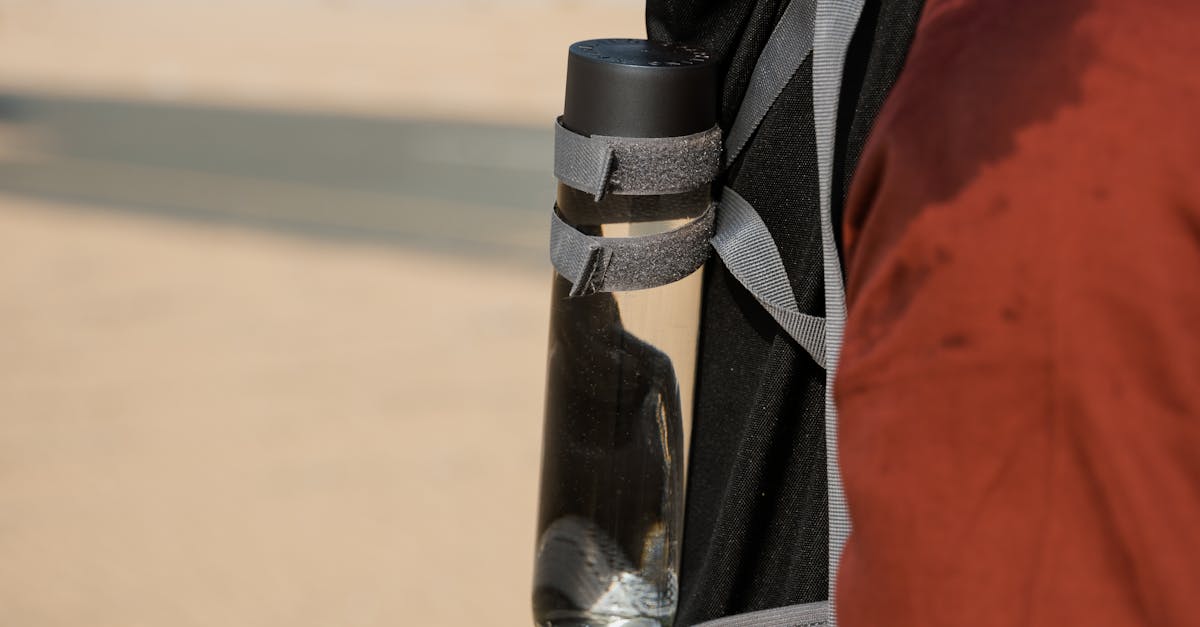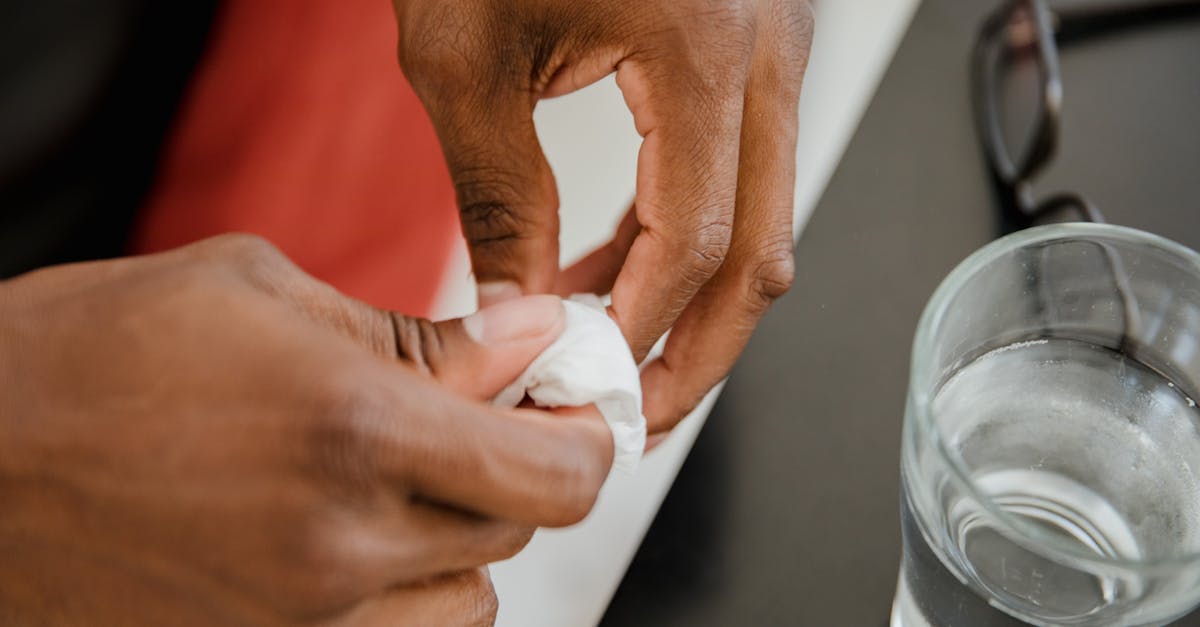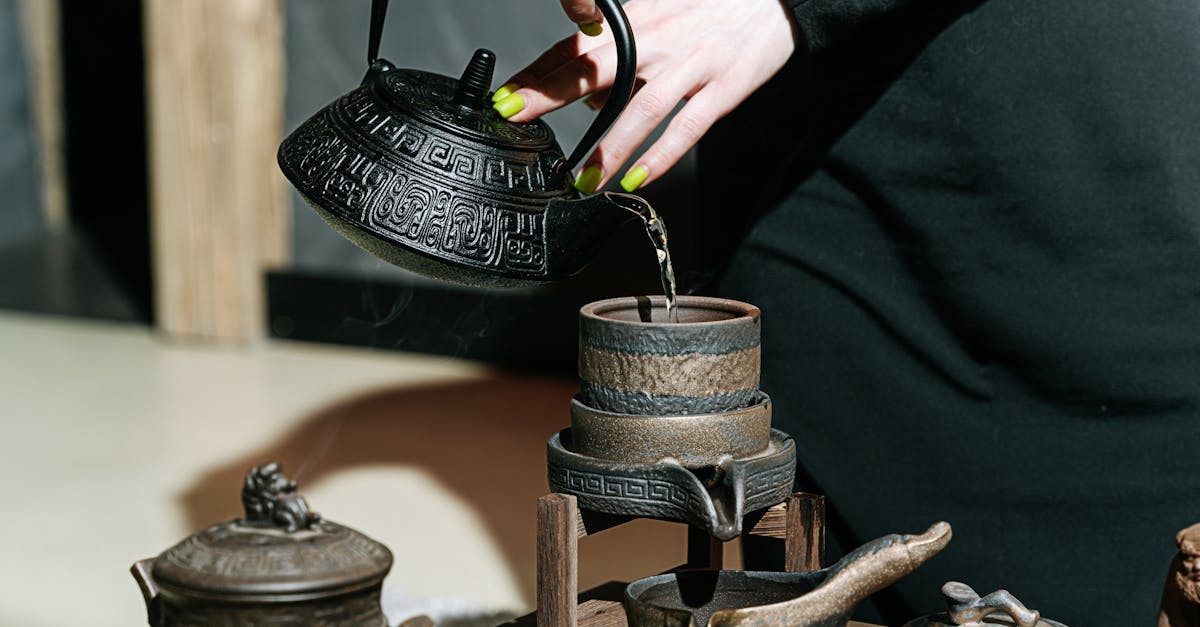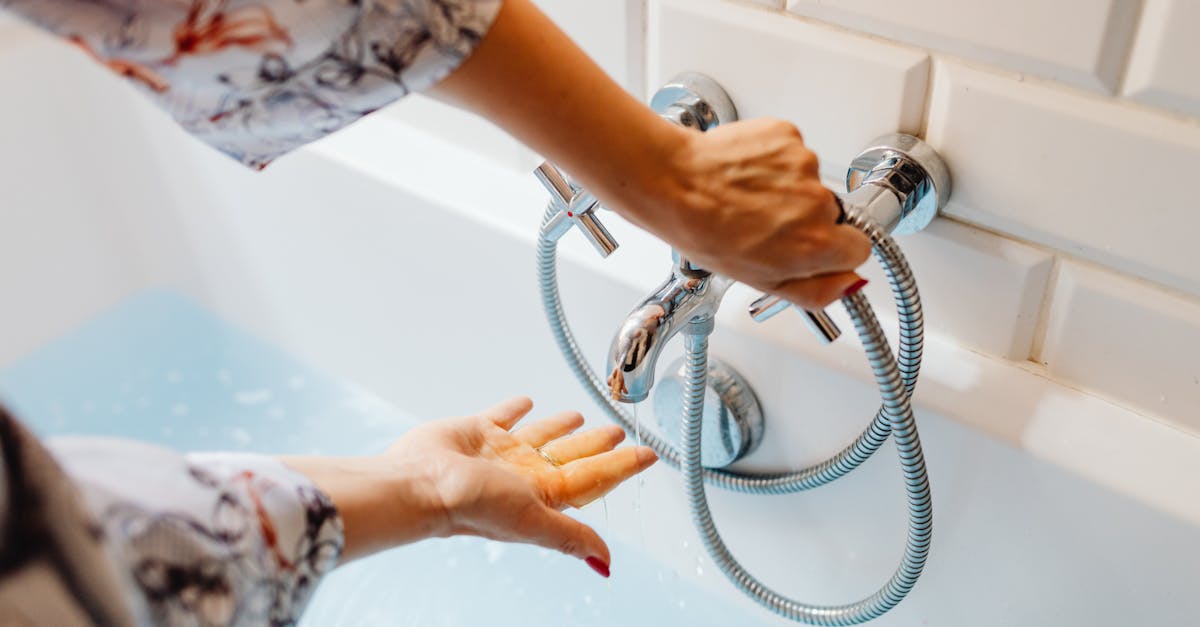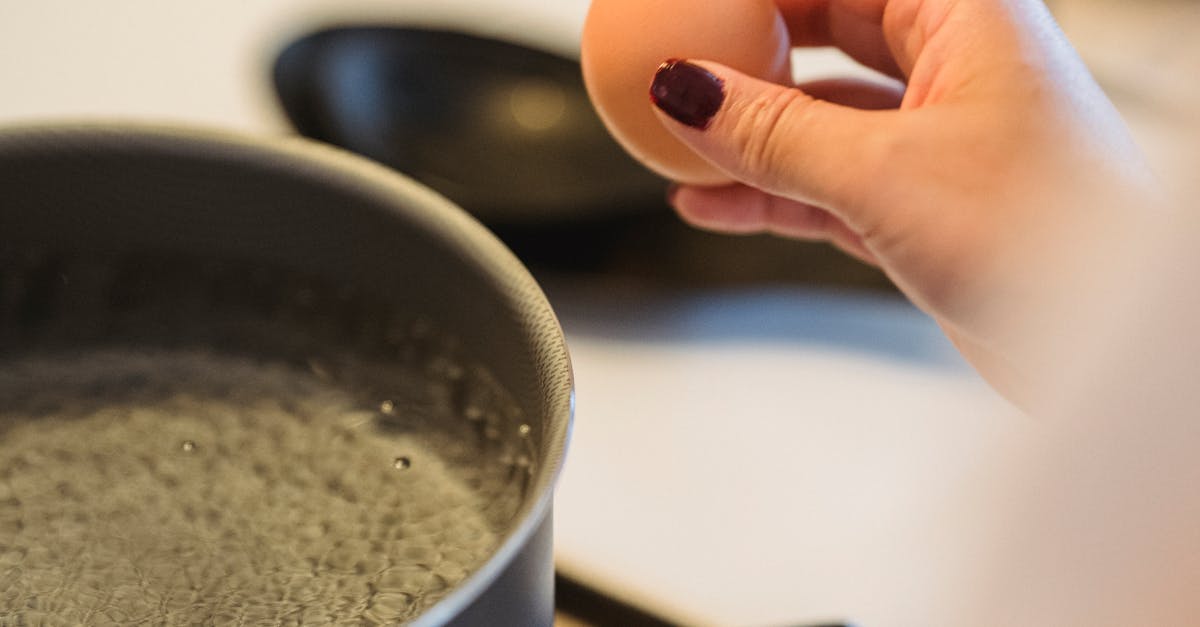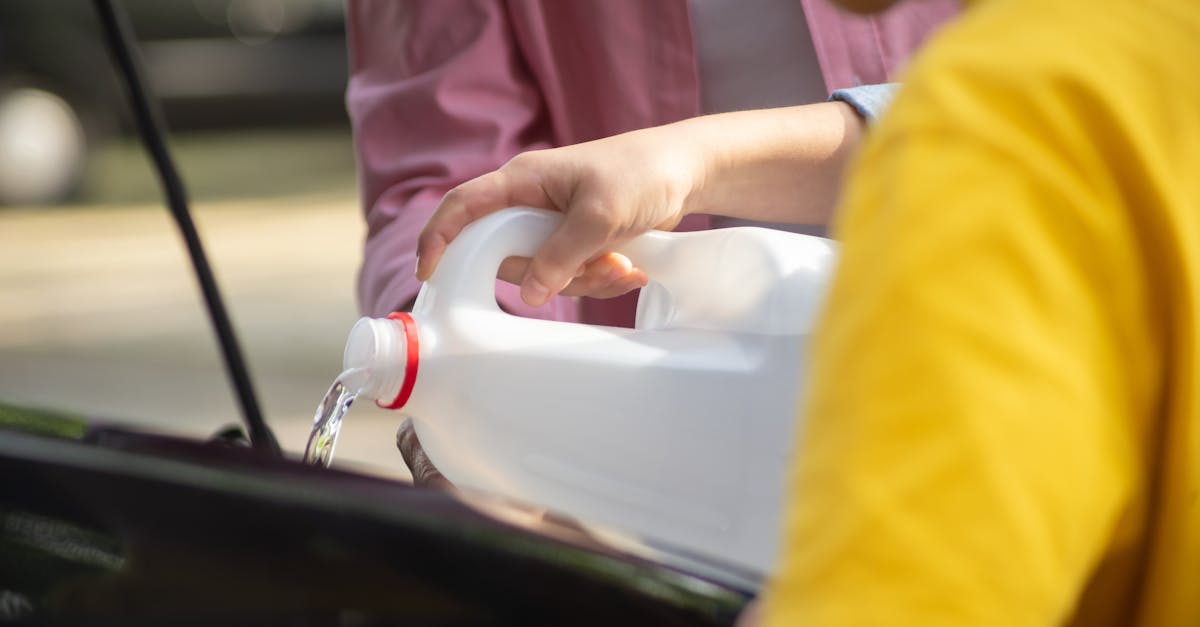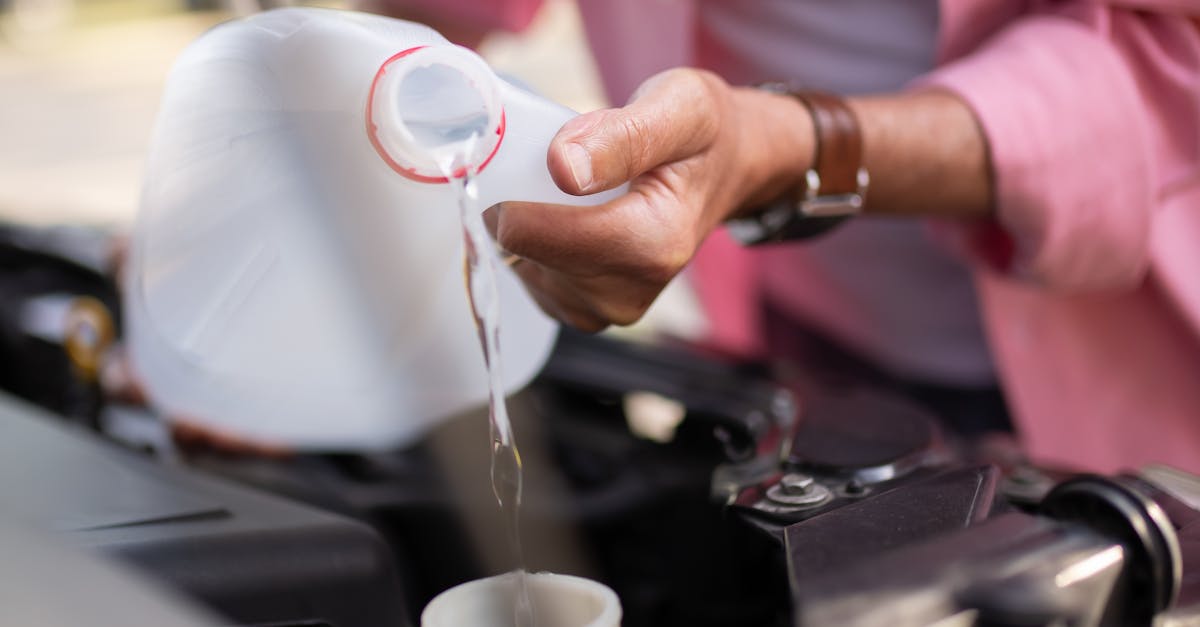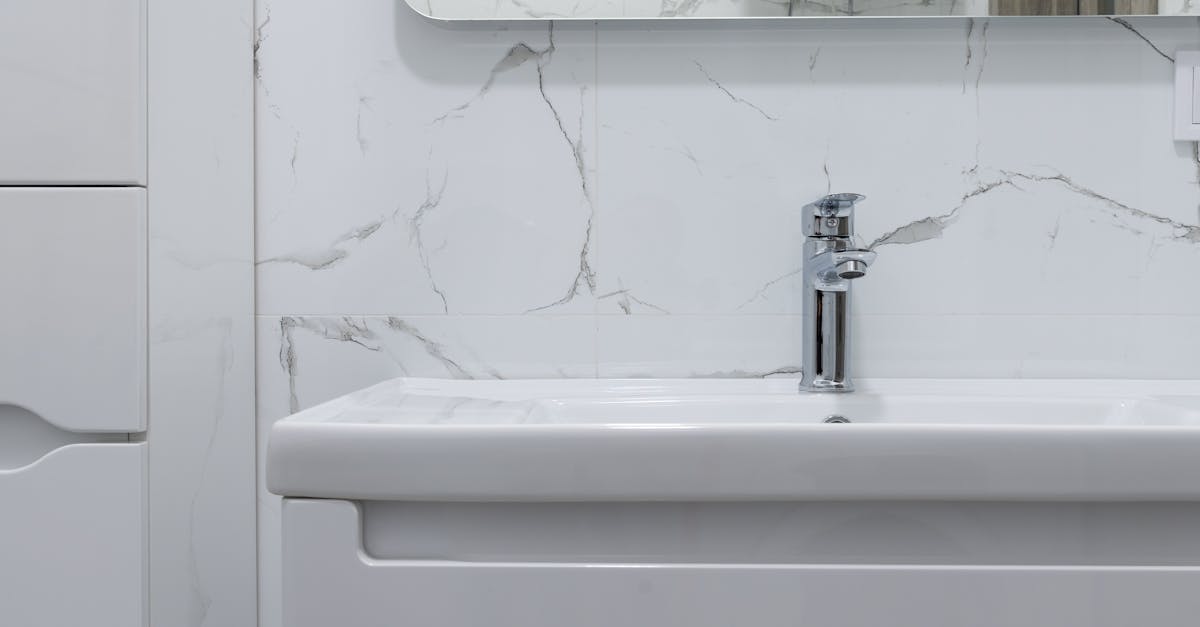
Table Of Contents
When to Use a Drain Snake
A drain snake is an effective tool for situations where more conventional methods have failed to clear a blockage. This flexible device can navigate through pipes to reach clogs that are too stubborn for plungers. If you notice slow drainage or complete blockages in sinks, tubs, or toilets, it may be time to consider a drain snake. Many homeowners find that using a drain snake saves them time and effort, especially when faced with persistent issues that require professional intervention.
While a drain snake can tackle various types of blockages, it is important to assess the severity of the problem before attempting to use one. In some cases, clogs may be too deep or complicated for a homeowner to handle safely. If you are unsure about the extent of the blockage or lack experience with drain snakes, consulting a blocked drain plumber can provide the necessary expertise. They can safely navigate tough blockages, reducing the risk of damaging your plumbing system.
Understanding the Drain Snake Process
A drain snake is a versatile tool designed to remove clogs from pipes effectively. It consists of a long, flexible metal wire that can be inserted into the drain. The tool works by navigating through the plumbing system, allowing users to reach blockages that are far from the drain opening. A blocked drain plumber often uses a drain snake to tackle stubborn clogs in both residential and commercial settings. The process typically involves feeding the snake into the drain until resistance is met, indicating the location of the blockage.
Once the snake encounters the obstruction, it can break up or latch onto the debris, allowing for easy extraction. Users should turn the handle to rotate the snake, helping it penetrate deeper into the clog. For optimal results, it may be necessary to alternate between pushing and pulling the device to dislodge the blockage completely. While a drain snake can be effective, ensuring proper techniques are employed is crucial to avoid damaging the plumbing system. Many households and businesses benefit from the expertise of a blocked drain plumber, especially when tackling particularly challenging obstructions.
Chemical Drain Cleaners
Chemical drain cleaners offer a quick solution for many drain problems. These products work by using harsh chemicals to break down clogs, often made of hair, soap scum, and grease. They can be effective for minor blockages, allowing homeowners to avoid the cost and hassle of calling a blocked drain plumber. However, they are not without their downsides. Prolonged use of chemical cleaners can lead to damage in pipes, particularly older ones, increasing the risk of leaks and more significant plumbing issues.
It is essential to evaluate the type of chemical cleaner being used. Some formulas are stronger than others, and choosing the wrong one could exacerbate the clog or cause pipes to corrode. Additionally, safety precautions must be taken when using these cleaners, as they can be harmful to both the environment and personal health. If the blockage persists after using a chemical drain cleaner, it may be time to contact a blocked drain plumber for a professional assessment and resolution.
Evaluating the Effectiveness and Risks
Chemical drain cleaners can be effective for breaking down certain types of clogs, especially those formed by organic materials like hair or soap scum. Their strong formulations can quickly dissolve these substances, providing a fast solution for homeowners looking to clear a blocked drain. However, the effectiveness varies based on the nature and severity of the blockage. If the clog is caused by solid debris or non-organic materials, chemical cleaners may not have the desired impact, leading to frustration and wasted time.
The risks associated with chemical drain cleaners warrant careful consideration. These substances are often corrosive and can damage plumbing if used excessively or left in contact with pipes for too long. Moreover, improper use can pose health hazards, including skin burns or respiratory issues from harmful fumes. For more stubborn or recurring blockages, it might be wise to consult a blocked drain plumber who can assess the situation and recommend safer, more effective solutions.
Using a Wet/Dry Vacuum
A wet/dry vacuum can be an effective tool for tackling stubborn clogs in your drains. To use it, start by removing any standing water from the affected area. Position the vacuum hose over the drain opening, creating a tight seal to maximize suction. This method usually works well for sinks and tubs with minor blockages. However, it may require a few attempts to completely clear the obstruction, especially if the clog is deep within the plumbing.
In some cases, attempting to clear a blockage with a vacuum might not yield the desired results. If the clog persists after several attempts, it may be a good idea to consult a blocked drain plumber. They can provide professional expertise, ensuring that the issue is resolved safely and effectively. Utilizing a wet/dry vacuum is a handy first step, but it's essential to recognize when professional help is needed for more complex plumbing problems.
Tips for Vacuuming Out the Clog
Before using a wet/dry vacuum, make sure to create a proper seal around the drain’s opening. This can be achieved with a towel or a cloth to prevent air from escaping. The suction power of the vacuum will increase significantly when there’s a tight seal. Position the vacuum hose directly over the drain, ensuring it fits snugly. This setup maximizes the chance of pulling the clog up and out from the pipes.
Once the vacuum is ready, switch it on and let it run for several seconds. Pay attention to any signs that the clog is loosening or being pulled out. If the initial attempt does not resolve the issue, you may need to consult a blocked drain plumber for more thorough inspection and service. They can offer professional advice and techniques that go beyond what a standard household solution can achieve.
FAQS
What is the quickest method to unblock a drain?
The quickest method to unblock a drain typically involves using a drain snake or a wet/dry vacuum, as both can effectively remove clogs without needing to wait for chemical solutions to work.
When should I use a drain snake?
You should use a drain snake when you have a stubborn clog that cannot be cleared with a plunger or other basic methods. It's particularly effective for hair clogs or other debris trapped deep within the pipes.
Are chemical drain cleaners safe to use?
Chemical drain cleaners can be effective, but they come with risks, such as potential damage to pipes and environmental concerns. It's important to follow the manufacturer's instructions and consider non-chemical alternatives when possible.
How does a wet/dry vacuum help in unclogging drains?
A wet/dry vacuum can help unclog drains by creating strong suction to remove the blockage. By sealing the vacuum hose over the drain and turning it on, you can pull out the clog directly from the drain.
What should I do if none of these methods work?
If none of the methods work, it may be time to call a professional plumber. They have specialized tools and expertise to address more serious clogs that DIY methods cannot resolve.




